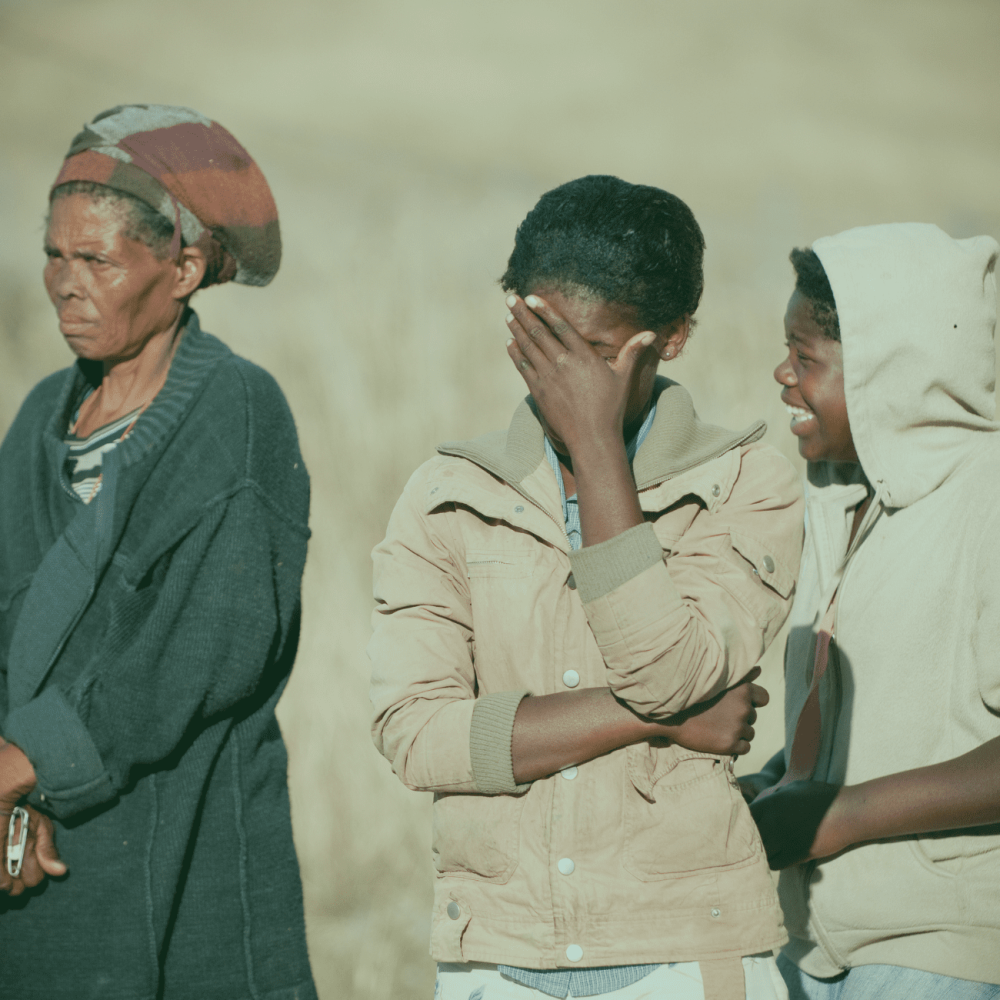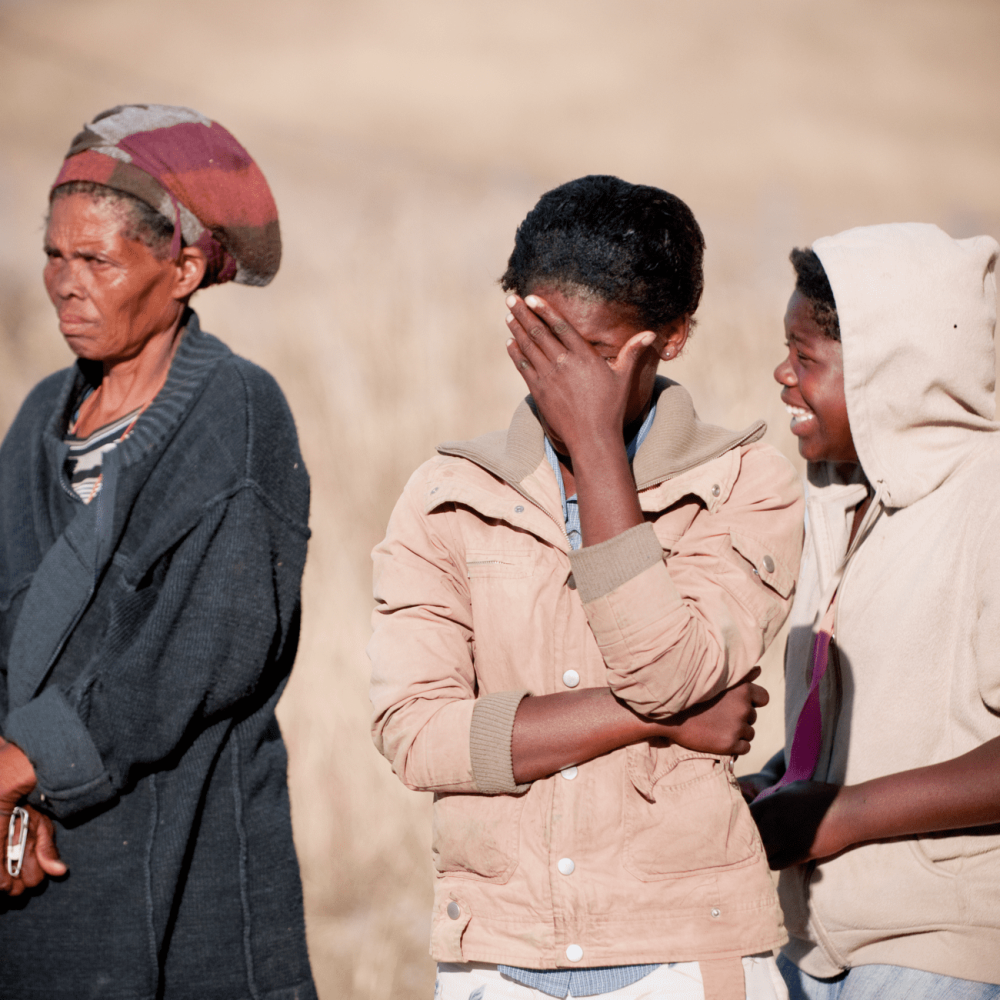- About Us
- Team & Board
- Email Sign-Up
- Contact
- Your recent searches
- Submit a Working Paper
Current Project
Basic Income Support in South Africa

In response to the government’s proposal that the Social Relief of Distress Grant will be replaced by an alternative form of household support, we are looking to contribute to policy development on this topic. As part of an ongoing research project, we will be releasing several Discussion Documents and engaging with the relevant authors in the coming months, on the topic of Basic Income Support in South Africa.
Through a combination of events and the submission of Discussion Documents, contributions will advance the current debate on development, growth, and the economics of basic income support.
The Discussion Documents will address the following questions:
As this project unfolds, we will inform you about upcoming events and multimedia.
Get Involved
We provide the opportunity for contribution from all relevant perspectives, and therefore these papers do not represent a position by ERSA, its associates, or funders on the identified issues. We hope that through this we can contribute to a more constructive and informed economic debate. We are particularly interested in hearing your thoughts and comments on these contributions. Please feel free to contact us directly or through LinkedIn. If you feel that you have a contribution or that you would like to be part of this series, please contact us directly at research@econrsa.org.

Discussion Document 06 As one of the most structurally unequal countries in the world which also enjoys a reasonably progressive political environment, South Africa has emerged as one of the few places where an intens...

Discussion Document 04 This paper offers a discussion on the macroeconomics of establishing a basic income grant. It uses a DSGE model to explore the feedback effects between macroeconomic factors pertaining to a bas...

Working Paper 881 This paper quantifies the effect of fiscal transfers on the trade-off between social relief and debt accumulation, and discusses the economic growth and fiscal implications of different combinations ...

Occasional Paper 02 This annotated bibliography provides a non-exhaustive list of references which may be useful to policymakers and other actors interested in the potential of a Universal Basic Income Grant (UBI/UBIG...

Discussion Document 03 Much of the debate about the introduction of a universal basic income grant (UBIG) in South Africa is concerned with its feasibility and sustainability. This paper asks important questions, but ...

Discussion Document 01 This paper considers how the COVID-19 pandemic gave new traction to the discussion about Universal Basic Income (UBI), particularly in South Africa, where members of government and civil society...

Search Resources
Ground Floor Brookside Building
11 Imam Haron Road
Claremont, 7700
Cape Town
PostNet Suite # 109
Private Bag X1005
Claremont 7735
Cape Town
Get Social